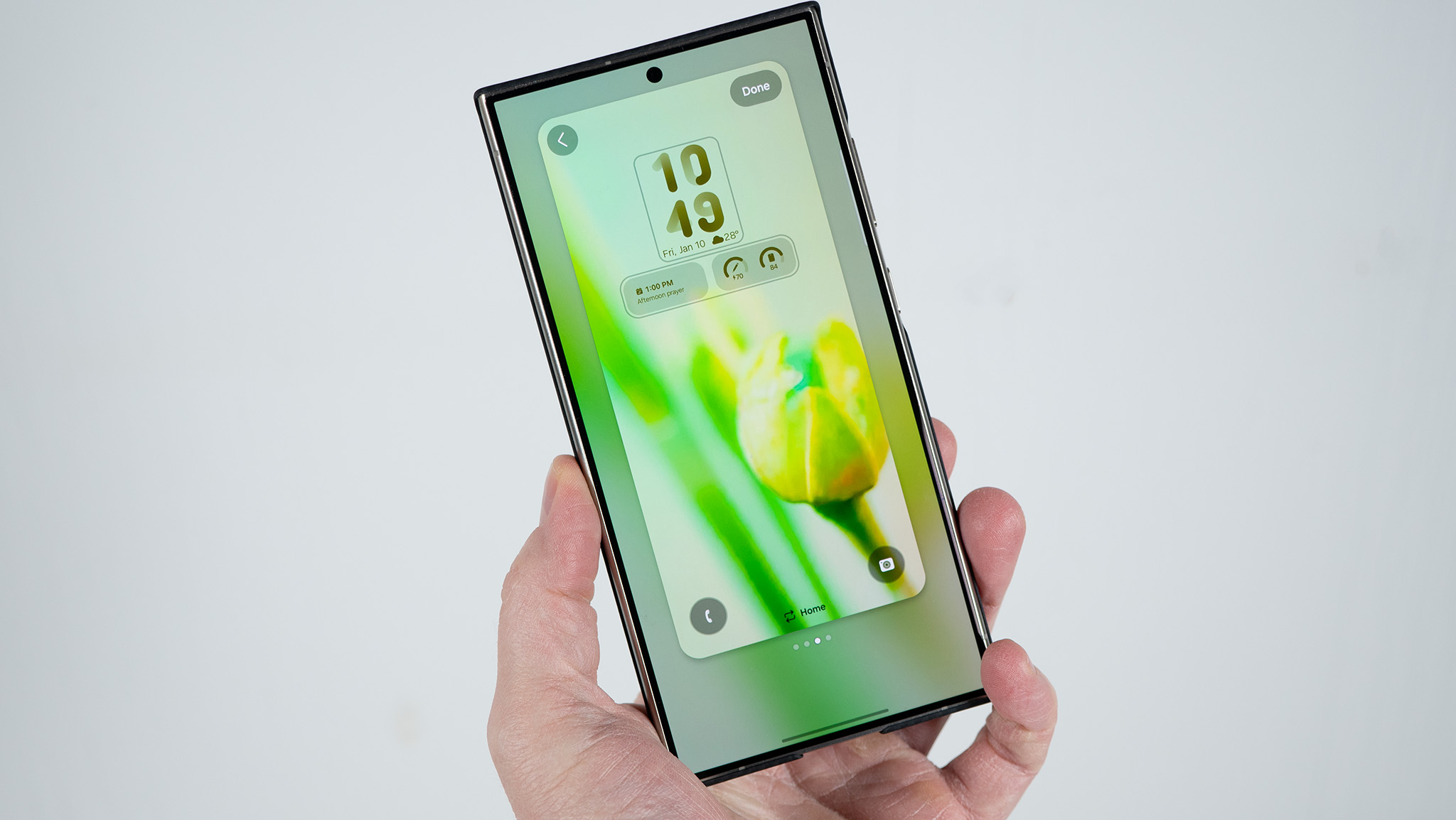Google designing its own phone processors would completely change the industry for the better
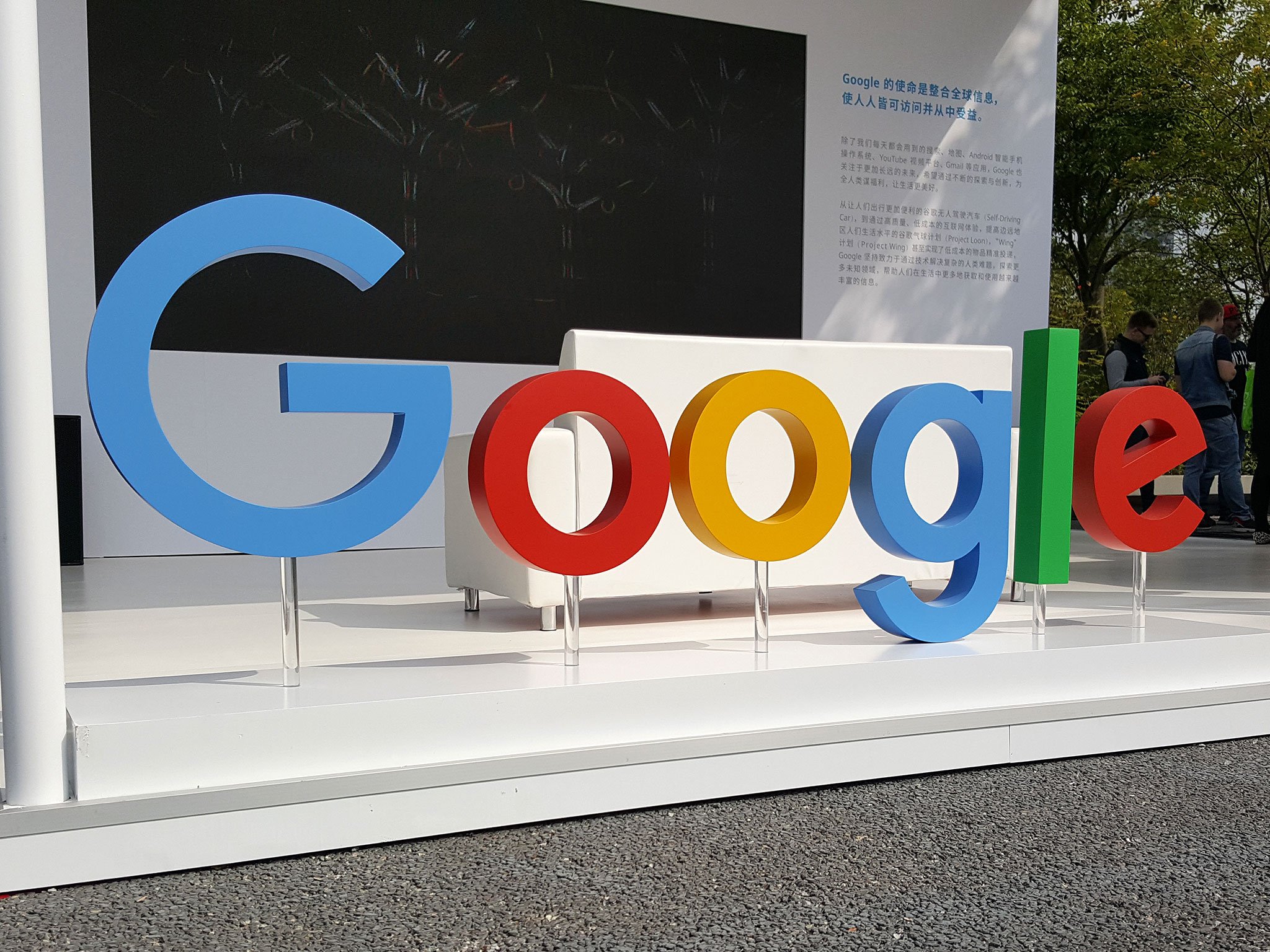
Rumors of Google designing and manufacturing its own chips for Pixel phones are nothing new. But the latest comes at a time when it makes a lot more sense for it to be done; Google needs its own chips if it wants to carry on making products for everyone, and making them the way it wants them to be built.
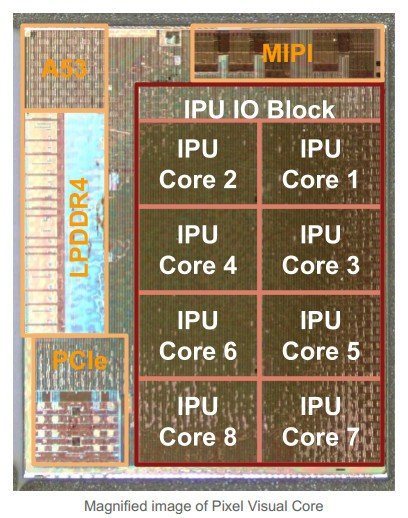
This isn't complete conjecture, either. Google already designs the processors used in many of its server products and machine learning data centers. It also has designed a complete ARM processor for the Pixel phones that started as the Pixel Visual Core for camera features and has since moved into machine learning as the Pixel Neural Core. The company has poached some of the best in the industry from Qualcomm, Intel, and Nvidia to work in its new Bengaluru, India microprocessor design lab. That's not an accident.
If you build the chip writing the code gets easier.
Google does this for a very specific reason: customizing a chip means it works exactly the way Google wants it to work. And that is like music to the ears of a software company. Having control over the hardware so that high-performance software can be specifically tailored to a specific piece of hardware opens new possibilities and means less overhead.
In addition to not being reliant of Qualcomm for microprocessor code and updated firmware, this also means Google can decide the update path for future Pixel phones and Chromebooks should it build a custom SoC (System on a Chip). When a manufacturer designs a new phone it must secure a contract with chipmakers to provide updates. When you are the chipmaker, as we see with the Nvidia Shield TV, you can update products for as long as you like.
The technical side of things is very important for Google, but equally important is any cost reduction that could arise from building its own processors.
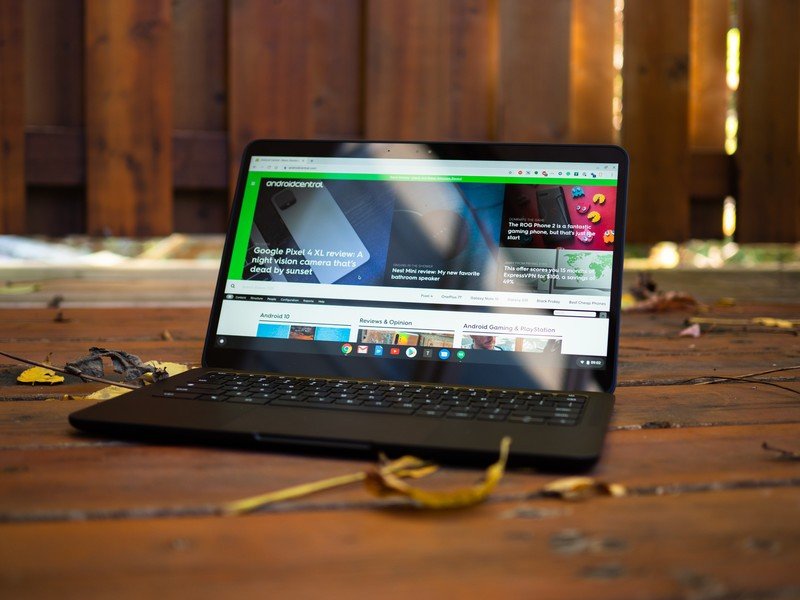
Google is very happy that Samsung makes Android phones, or that ASUS makes Chromebooks. Google is in the eyeball business; the more eyeballs on the internet and using Google products, the more money Google makes. But Google also sells hardware, and the success of the Pixel 3a shows that Google needs to pare down prices if it wants to compete with Samsung and Apple. The 2020 version of the iPhone SE costs $399 in part because Apple doesn't have to purchase its A13 processors from another vendor.
The Pixel 3a is the best Android phone you can buy under $400
Be an expert in 5 minutes
Get the latest news from Android Central, your trusted companion in the world of Android
The Pixel 4 and the Pixelbook Go are wonderful products. They certainly aren't perfect, but each has a dedicated fanbase that loves them because of how well they work and their simple yet elegant design. But sales of both combined likely aren't near the numbers we see from the Pixel 3a. The reason? The Pixel 3a is affordable and works 90% as well as any other Android phone you can buy.
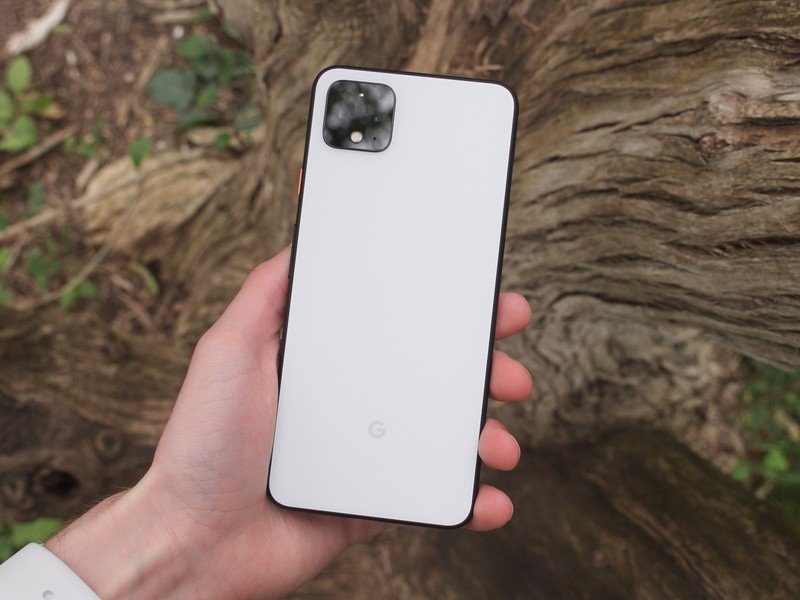
The Pixel 3a was successful because Google was able to make its in-house version of Android run extremely well on cheap off the shelf hardware. The Pixel 4a should be similar, and we can expect to see a device with mid-range specs perform well enough that some will hail it as one of the best phones you can buy. Were Google to have more control over the internal hardware by building out its own SoC, a future Pixel flagship phone could run as well as Samsung's finest with hardware that's not nearly as powerful or expensive.
With an in-house chip we could see "budget-priced" Pixel phones that rival the best from Samsung.
This benefit can happen because Google writes its own operating system. Unlike Apple, which seems to be designing an ARM chip powerful (and expensive) enough to run a MacBook Air — and we will see an Apple A-series CPU in the MacBook Air within three years — Google could do the opposite and pare things down to balance performance against costs.
A $600 Pixel 6 XL that runs as well as a $1,000 Pixel 4 XL and brings new smart features to Android is the goal. Building its own in-house chip is one of the best ways to get there.

Jerry is an amateur woodworker and struggling shade tree mechanic. There's nothing he can't take apart, but many things he can't reassemble. You'll find him writing and speaking his loud opinion on Android Central and occasionally on Threads.
